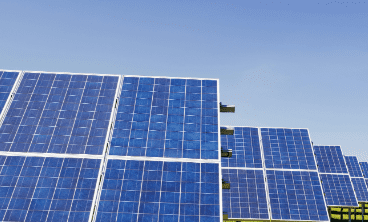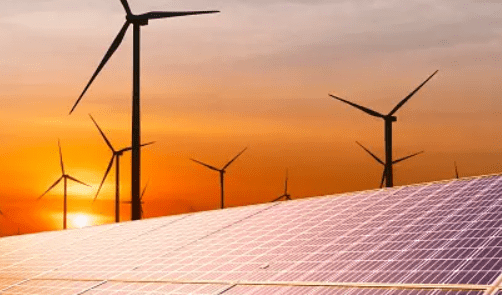UK Prime Minister Keir Starmer announced a plan to increase the country’s clean energy capacity by building new offshore wind turbines. He wants to ensure that these projects cut energy bills and create more jobs.

The UK Prime Minister, Keir Starmer, is hell-bent on fighting Labour MPs and local councils seeking to block a new generation of clean electricity by refusing pylon networks. He vowed that the work would yield cheaper bills at the end of this parliament.
He announced this while formally launching GB Energy, a state-join green energy firm and one of his flagship policies. During a speech at a wind turbine factory in Widnes, Cheshire, Starmer told an audience that there is an overwhelming need for new onshore and offshore wind projects in the near future due to the lack of action taken by the previous government and their short-term thinking.
Offshore Wind Turbines in Pipeline
He announced a program to erect enough offshore wind turbines in the next five years to generate electricity for 20 million homes. He said that to do so, rapid decisions had to be made, including the use of overground power lines rather than the more expensive and time-consuming underground or undersea cables.
Tough Decisions Ahead
He said this in response to questions from the media, adding that he realized that there was opposition to overground power lines in places like East Anglia and Lincolnshire. He also said that some Labour candidates opposed pylon schemes. But Starmer said difficult choices had to be made to secure progress.

“We will take the tough decisions to make this work,” Starmer said. “It’s the failure to take the tough decisions, the running away from tough decisions, that has caused over a decade of lost opportunity. This will include decisions on planning, and we intend to make the necessary changes everywhere, regardless of the political affiliations in the constituencies.”
Offshore Wind in Focus
First to be developed will be offshore wind, with other technologies, including carbon capture, tidal power and small nuclear reactors, following in its wake. But in marked contrast to large nationalised energy companies, like France’s EDF or Sweden’s Vattenfall, the initial funding for GB Energy will be very modest, at £8.3 billion over five years. Starmer, however, is undaunted, believing the commitment will attract private investors and give certainty to the UK’s ambitions in clean energy.
“The money going into GB Energy is intended to be a catalyst for private investment,” he said. “This is a historic partnership, and it’s never been done before. It’s a real gamechanger.”
Lower Energy Bills
Starmer said the scheme would eventually help lower energy bills but was careful about when that could happen. He wants to slash the average household energy bills by £300 a year by 2030.
Attack on the Previous Government
Starmer lambasted the Conservative Party for having done little to provide clean energy. He said that they banned new onshore wind projects, saying they lost an opportunity for securing energy, lowering bills, and creating more employment.
“We’ve lost a decade of opportunity, missed chances to boost our energy security, cut bills, and create good jobs,” Starmer said. “People up and down the country have literally paid the price for that shortsightedness. As long as we rely on foreign dictators for fossil fuels, we will face future energy shocks like the one we’ve just had.”

Conclusion
Starmer has a far-reaching scheme for GB Energy: he intends to transform the UK’s energy infrastructure into cleaner, more efficient systems. The increased focus on offshore wind turbines is an essential step to progress on that vision. Starmer is looking at tough decisions and a strong drive for clean energy to see the attainment of a sustainable future, lower energy bills, and energy security for the United Kingdom.


